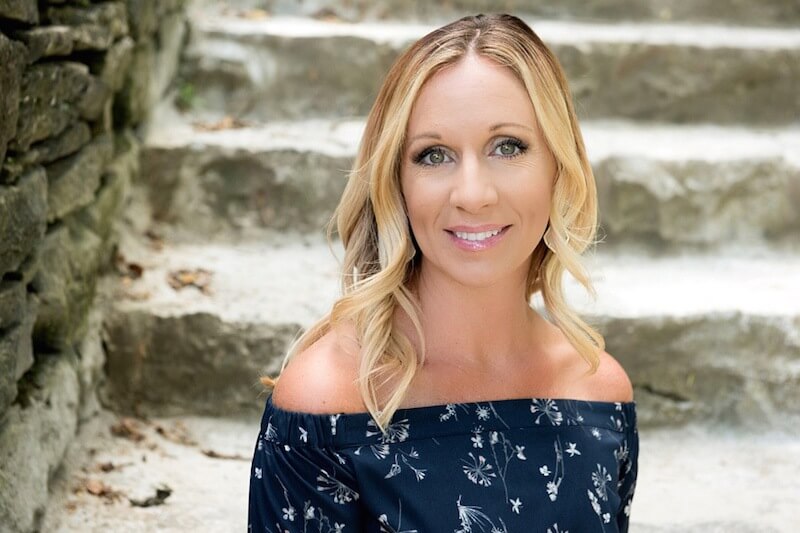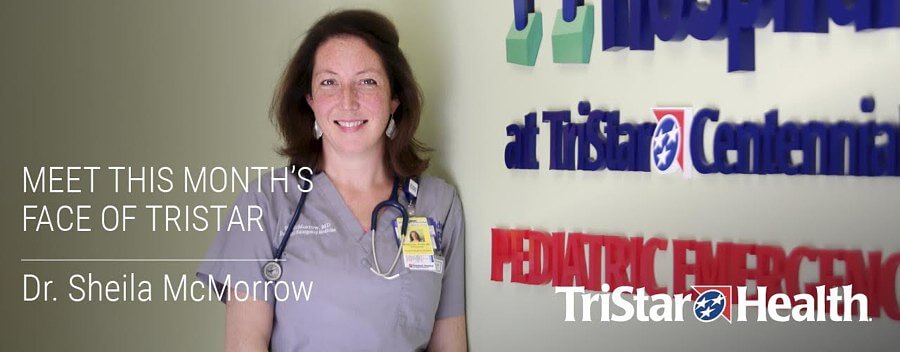When Jaime Vernon’s daughter Lexi was born, she was not given a newborn hearing screening. “The hospital skipped the deaf kid that day,” Jaime says. After a visit to a pediatrician at Vanderbilt, the couple was told to follow up six to nine months later. When Lexi was 1 year old, Jaime was told that her daughter was profoundly deaf. At 18 months old, she received cochlear implants, which were activated one month later. For the first time, Jaime watched her daughter hear a whisper. Jaime began researching how many deaf children get missed, and the numbers were astounding. “Lexi was missed, and we are in Nashville. I couldn’t help but think about what happens in rural communities,” she says. Jaime’s story is not just about a mom advocating for her hearing-impaired daughter, it is about a mom who is passionate about helping mankind. Through her non-profit, Songs for Sound, Jaime focuses on awareness, access and action for the hearing loss community. Meet Jaime Vernon, today’s FACE of Nashville!
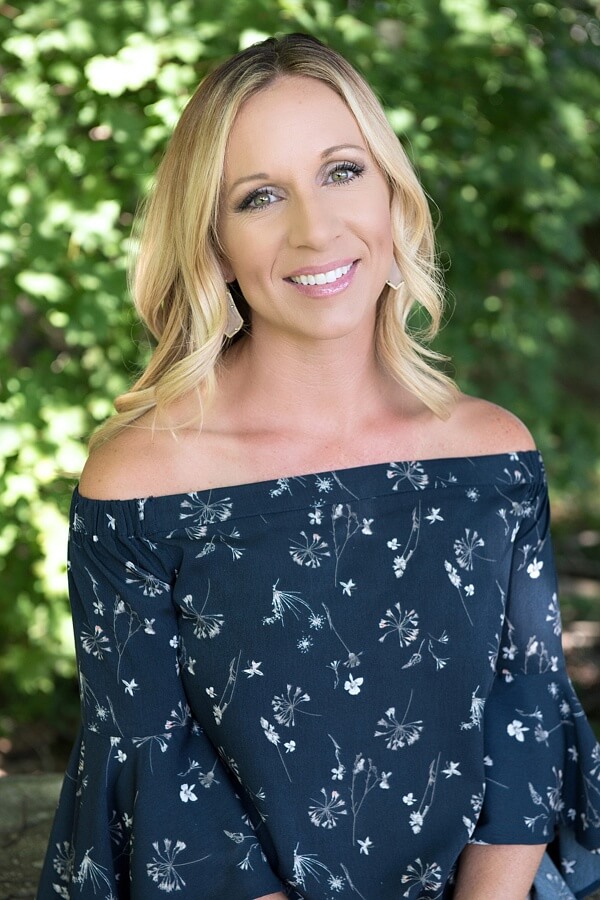
Tell us about the different programs within Songs for Sound.
Through our mobile hearing clinic, we offer no-cost hearing tests and a checklist with next steps based on your results. Our HEAR the MUSIC Project has visited 15 states and served over 12,000 people. On the weekends, we do large community stops, such as fairs, airshows, women’s health expos, home and garden shows, veterans’ expos and national legion conventions. This serves two purposes: we reach mass numbers of people to serve and also get a good picture of what hearing loss looks like across the board. During the week, we started key demographics with community stops, such as YMCAs, Boys and Girls Clubs, smaller veteran organizations and Del Webb communities.
Sound for Soldiers is a brand-new program that is focused on the military and veterans. HEAR the MUSIC Kids Camp is a family weekend held once a year at the Center for Courageous Kids in Kentucky. There are activities (archery, swimming, songwriting) and information sessions for parents. HEAR The MUSIC Benefit Concerts raise awareness and funds. We host these events to offset budgetary needs for hearing programs. We have served The University of Kentucky for three years and have provided over $200,000 in grants. Our fifth program is an international missions program. We serve a deaf school in Jamaica and have put together a team to tackle early intervention.
Why did you decide to incorporate music into your mission?
We live in Music City, my brother-in-law is the leader singer of Rascal Flatts, and my mom was a gospel singer. My whole life was filled with music. And to think something as simple as a lullaby wouldn’t be heard, broke my heart.
During the first year of her life, I would sing to Lexi. She would just squirm and cry, so I would hand her to Kevin. She had a different connection with Kevin because they were connecting on a physical level, and I was trying to reach her through stimulation of sounds. I would cry and wonder why I couldn’t connect with her. She heard me sing for the first time when she was 21 months old. At this point, she was able to respond and process the sound and her head went down slowly onto my shoulder. Time just stopped.

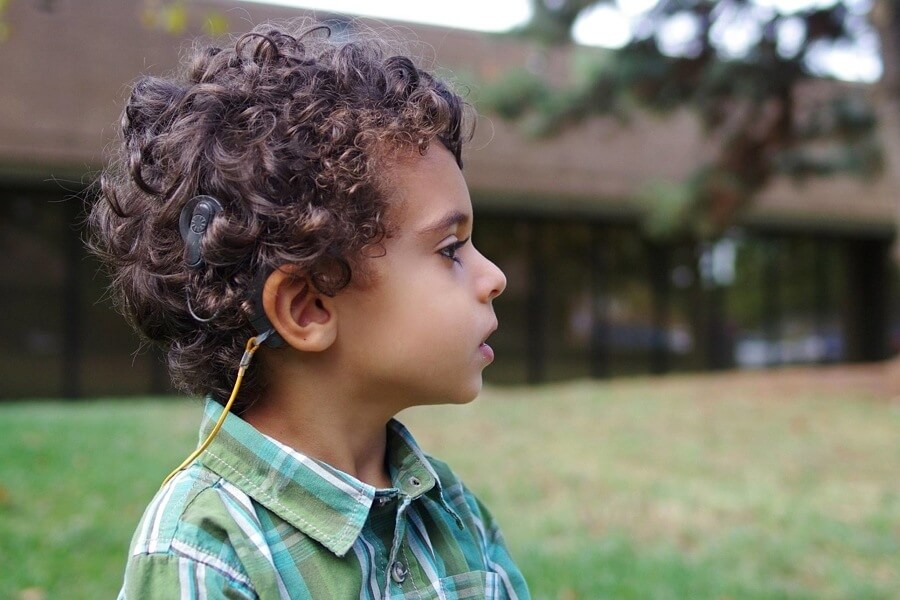
Through Songs for Sound, you act as a spokesperson for hearing healthcare. What exactly are you advocating for?
We are advocating for people to take action. When you suspect you can’t hear well, or someone in your life can’t hear well, take action. Helen Keller said sound separates us as people — and that is the truth.
How can people get involved with Songs for Sound or support its initiatives?
We are looking for supporters to get behind the events. We are always looking for volunteers for our different programs. We would love to hear from anyone trying to get involved. Reach out to me directly to learn more!
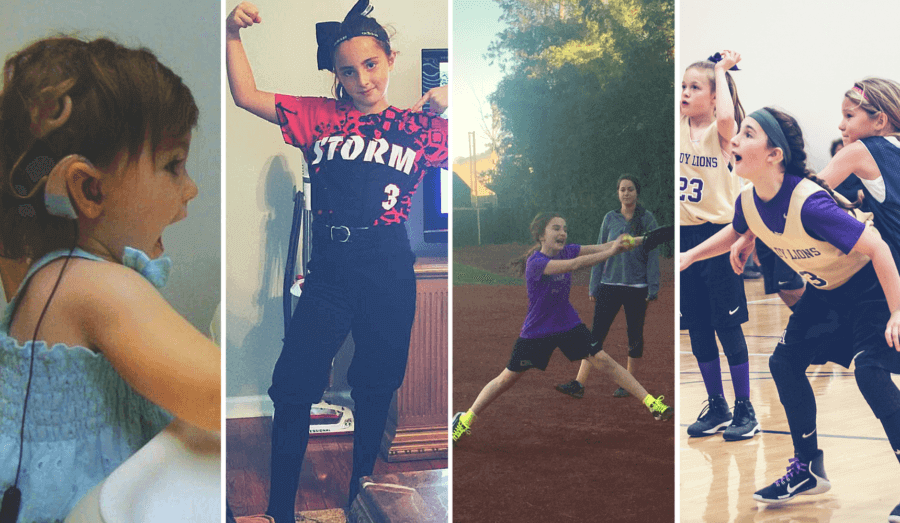
It has been eight years since Lexi received cochlear implants. What does her life look like today?
After receiving the implants, Lexi flew through therapy and was mainstreamed the last year of Pre-K at CPA (Christ Presbyterian Academy). The best day was when they did The Little Red Hen class play. She got the lead. I thanked the teacher for giving her the opportunity, and she said, “I didn’t do that because she is deaf. I did that because she was the one who best remembered the lines!” That is the goal!
Now, Lexi is 9 and she rocks life. She is a big athlete who spends her days playing softball and basketball. Most the time, you don’t know the difference between Lexi and hearing kids.
What advice would you give to those caring for family members with hearing loss?
Be sensitive. In living with a deaf child, you become aware of the jokes that surround deafness and hearing loss. We educate others to be cautious of their words, to be sensitive and to be patient.
Hearing loss causes mental fatigue, so yelling at your spouse for having the television volume turned up probably isn’t the most effective approach.
Listen and talk. This builds trust. Equip yourself with information and tools, and sit down to learn what they are experiencing. At Songs for Sound, we love to be a resource for families. We love to navigate the path of getting help. If it is an area we don’t do well, we know someone who does.

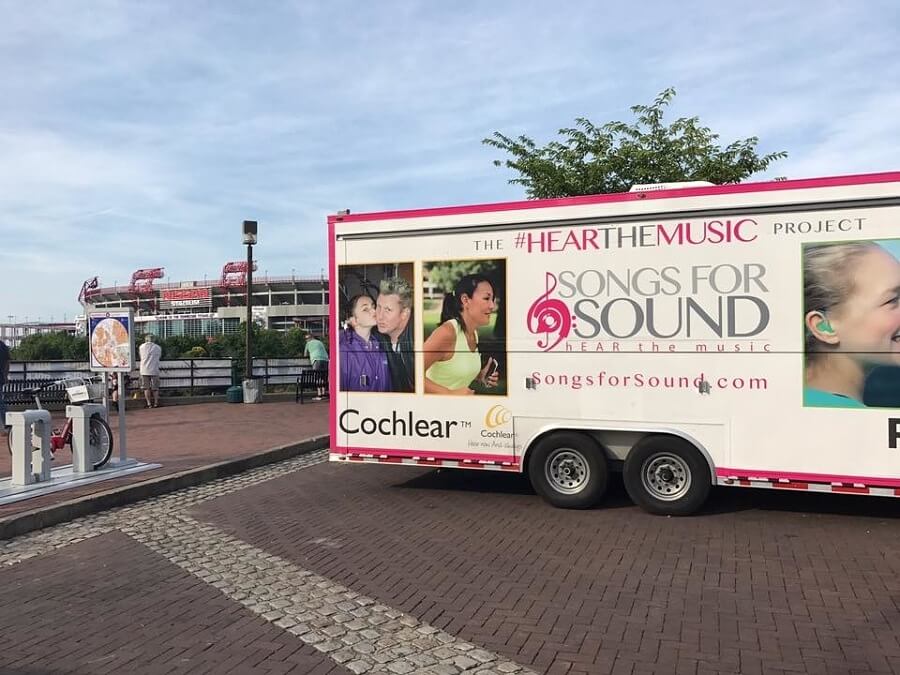
What is the best piece of advice you have ever received, and who was it from?
Early on, Ginger Jones told us to take advantage of all waking hours. Lexi went from a silent world to hearing everything from whispers to a bird chirping. This means that, just like exercise or eating right, you have to be dedicated to retraining your brain. Sign language is a beautiful second language, and for Lexi it is a second language. Thanks to the implants, she can use spoken language like the majority of the world around her. We had to catch her up on everything she missed so she wouldn’t fall behind. A good way to do this is to be a narrator. I would say, “Okay, I am putting the clothes in the dyer. I am taking the clothes out of the dryer. I am putting the clothes on top of the dryer.”
Even with adults, stimulation and language are so important. It is important to equip them with language. Read and talk to your children, expand on language, and teach them to be critical thinkers.
Where can we find you when you aren’t working?
When you operate a charity and work from home, it is hard not to work 24/7, but I do try to separate home and work. As a family, we are very athletic. I played sports in high school and college, and I love to coach. I coach the CPA middle school varsity softball team and just recently stopped coaching Lexi in travel softball. My son plays golf. Outside of athletics, I am a tutor. Whether driving to practice or sitting at the table, we take every opportunity to work on literacy. I am CEO Mom extraordinaire. With two kids with special needs [Jaime’s son has ADHD], I don’t have time not to be 100% on all the time. Most nights we have a combo of tutoring and practice.
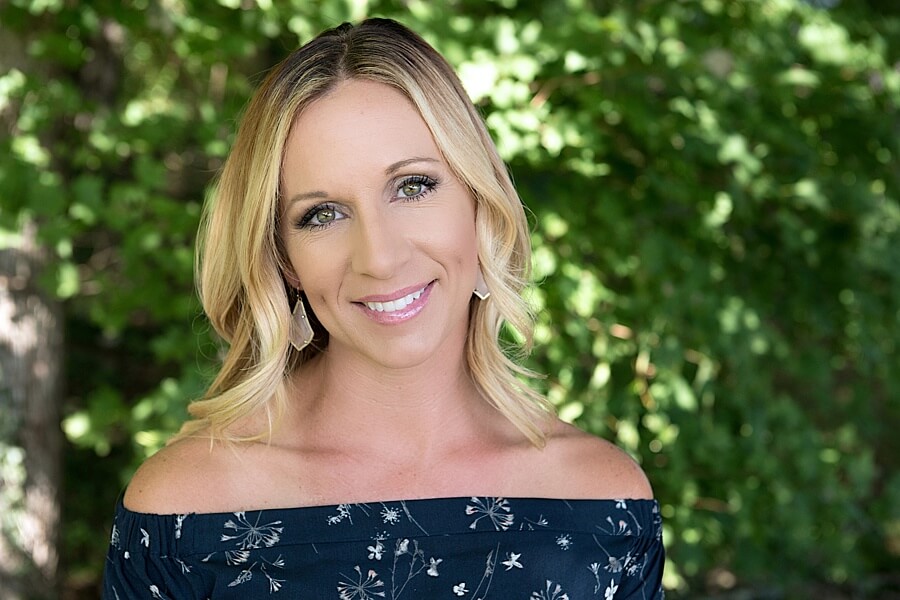
What books are currently on your bedside table?
I read my Bible every day to ensure my heart is in the right place. I can be a pain sometimes, and to avoid that, I have to keep my heart in check. I also like to read things that help me stay informed (such as Entrepreneur Magazine, StyleBlueprint and self-help books!). These days, when I am tired of thinking and need an escape, I read Two by Two by Nicholas Sparks.
Name three things you can’t live without (excluding family, friends and faith).
Coffee (with equally as much creamer), my hairdresser Hannah Graces, coaching and an occasional beer to keep me sane in the charity world (okay, that is four).
Thank you to Jaime Vernon for educating us and answering all of our questions. A special thanks to Ashley Hylbert for today’s gorgeous photos of Jaime!
**********
Some may consider Dr. Sheila McMorrow a superwoman. One of her jobs is a mom of three little ones, and the other is working as the Pediatric ER Medical Director at The Children’s Hospital at TriStar Centennial. Get to know our newest FACE of TriStar — click here!



















